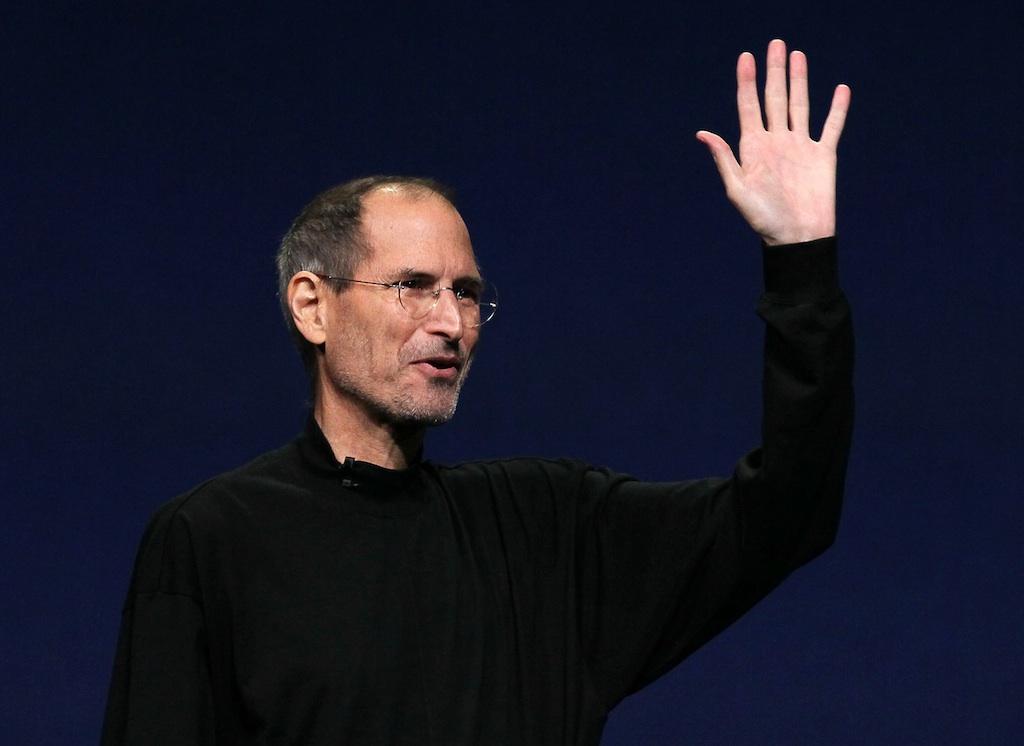Pancreatic cancer: What is it?
Steve Jobs, the co-founder of Apple, died on Oct. 5, 2011.
What is pancreatic cancer?
With the passing of Steve Jobs, Apple co-founder and visionary, Wednesday at age 56, many of his fans are wondering what exactly pancreatic cancer is and why it’s so deadly.
It is one of the most dangerous and fast spreading cancers, affecting the 6-inch long pancreas that lies behind the stomach and in front of the spine, according to Medical News Today. The pancreas’ two basic jobs are to break down the food we eat into fats and proteins and to regulate the amount of sugar in the blood.
The survival rate for those diagnosed with pancreatic cancer is extremely low. According to the American Cancer Society, around 96 percent of patients will die within five years of being diagnosed.
More from GlobalPost: Photos: Cult of Apple
One of the reasons why the survival rate is so low is because of the location of the pancreas is deep inside the body. Because a doctor cannot check for tumors, the cancer is usually not diagnosed until the patient starts showing symptoms, which include pain in the stomach area and weight loss. By that time, the cancer has already grown large and spread to other areas of the body.
More from GlobalPost: Fans mourn death of Steve Jobs
The American Cancer Society estimates about 44,030 people will be diagnosed with pancreatic cancer this year, and around 37,660 will die from it.
Many notable celebrities and entertainers have died from pancreatic cancer, most recently actor Patrick Swayze in 2009 and Italian opera singer Luciano Pavarotti in 2007.
DISCUSSION: Has pancreatic cancer affected you or your loved ones? Share with us your thoughts on this terrible disease in the comments section below.
